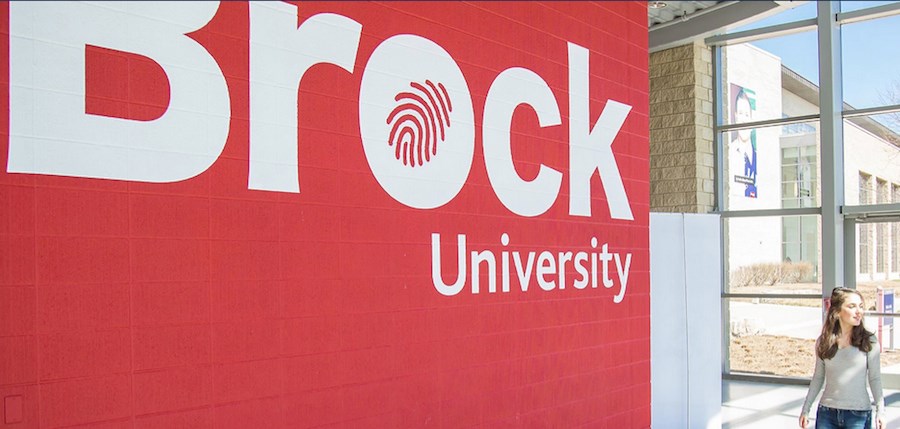NEWS RELEASE
BROCK UNIVERSITY
***********************
While the journey to making the online world more accessible requires forward thought and technological innovation, a key component for progress dates back well before the creation of computers.
Listening to input from the community — in this case, centring the voices of disabled community members — is critical to enhancing digital access and inclusion for persons with disabilities, say Brock University experts as Global Accessibility Awareness Day (GAAD) nears on Thursday, May 16.
Priscilla Burnham Riosa, Associate Professor in the Department of Applied Disability Studies, says “taking a community-driven approach should be at the forefront when initiating projects intended to serve a particular community's needs.”
In 2020, Burnham Riosa led a project designed to understand the employment experiences and needs of job seekers on the autism spectrum to inform the development of an autism-focused online employment platform.
The research team conducted focus groups with Autistic people, their family members and employment professionals and then applied those findings to the development of an employment website. The researchers also “gathered iterative feedback on the site and modified it based on the perspectives of Autistic people and their supporters throughout the process,” Burnham Riosa says.
“Community involvement in developing meaningful digital resources and supports was instrumental to our project,” she says. “Engaging and prioritizing the voices of and input from members of the community — in our case, the Autistic community — was central to creating meaningful work.”
Maureen Connolly, Professor in the Department of Kinesiology, says although one in four Canadians identifies as a member of a disabled community, “decades of research show that non-disabled people get their information about disabled communities from media or popular culture, and not from interactions with disabled people themselves.”
As a result, Connolly says, ableism continues to be a part of emerging technologies, including those that could help support digital accessibility.
“We saw, when courses and assessment of student work moved online during the pandemic, proctoring software and digital submission and engagement technology that were ableist in their design,” she says. “But everyday programs like the Microsoft 360 Suite now have accessibility tools built in for everyone to use. There is a lot in place for us all to be doing better.”
Connolly also cautions that there is no “accessibility utopia” where a single change or adjustment results in accessibility for all. Even meeting minimum standards to comply with the Accessibility for Ontarians with Disabilities Act (AODA) does not necessarily mean that a tool or process is fully accessible, she says.
“We can put materials online to increase digital access, but without examining how they will be used, we keep falling into habits of reproducing bad practices that prevent us from achieving digital accessibility,” says Connolly.
***********************
